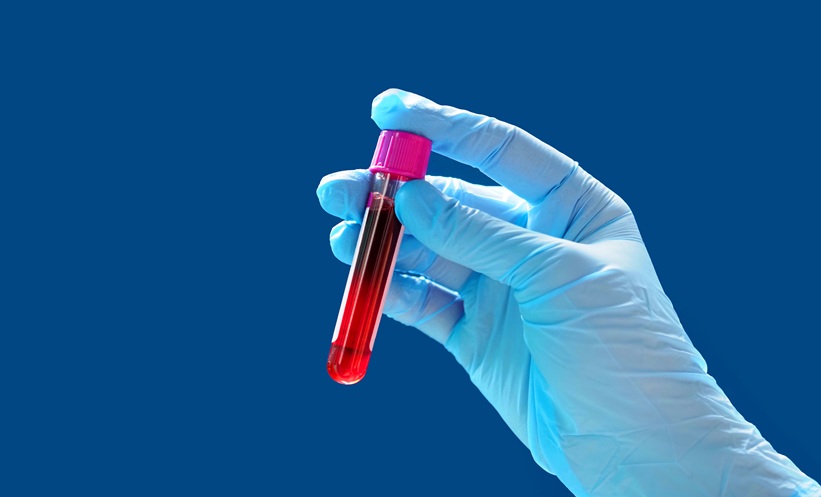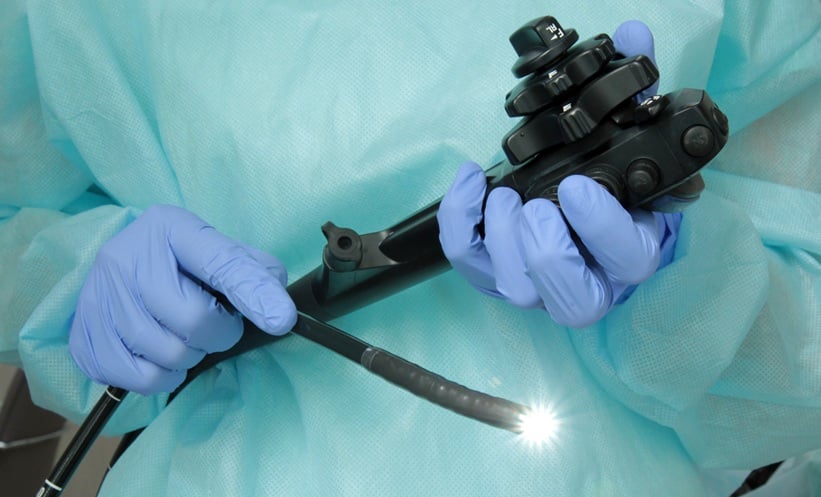A NEW study has identified a potential blood-based biomarker, PRO-C16, that could help clinicians detect fibrostenotic intestinal strictures in patients with Crohn’s disease (CD). Up to half of CD patients develop these complications, which often lead to bowel obstruction and surgery. Currently, there is no reliable non-invasive marker to identify this form of intestinal fibrosis.
Researchers analysed serum samples from two independent cohorts of CD patients, as well as healthy controls and a chronic colitis rat model. They found that PRO-C16, a fragment indicating the formation of type XVI collagen, was significantly elevated in patients with fibrostenotic strictures compared to those without and to healthy individuals. In both patient cohorts, PRO-C16 showed a moderate ability to distinguish between stricturing and non-stricturing disease, with area under the curve (AUC) values of 0.75 and 0.71, respectively.
In the rat model, PRO-C16 levels rose in correlation with fibrotic damage, suggesting a role in tracking collagen deposition. These findings highlight PRO-C16 as a promising serological marker for identifying intestinal fibrosis in CD and could inform the development of stromal-immune targeted therapies.
Reference
Mortensen JH et al. Serological assessment of PRO-C16 (type XVI collagen formation) reflects intestinal fibrostenotic strictures in patients with crohn’s disease. BMC Gastroenterol. 2025;DOI: 10.1186/s12876-025-04146-w.








